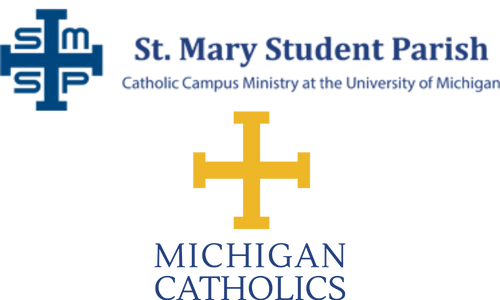Chapter 2: Dis-Grace
What strikes me the most about this chapter is reflecting on how often we likely miss out on significant human connection. Father Gregory Boyle writes about the monotony of his schedule.
“Now I have seven minutes until my baptism.”
“The family will arrive for the baptism in five minutes.”
It is important to consider that even someone as socially aware as Boyle can fall into the trap of routine, so much so that he nearly misses such an important opportunity as connecting with a woman who so obviously needed to witness human compassion.
I often consider the danger of routine. I have been fortunate enough to have participated in three Alternative Spring Break trips in the past and am currently at the start of my fourth. Going into these trips it always encourages me to consider how so many college students set aside the time for service. But, I often wonder how holistically effective this “setting-aside” can be, if it isn’t supplemented with daily action. I certainly have found service opportunities to offer tremendous growth for the person participating and for the communities that the individual works with. But, no matter how many service opportunities we take advantage of, how can we fully support others if we do not make the time to help those in our daily routine?
This chapter is titled “dis-grace.” We all certainly experience disgrace for whatever reason, it can be anything from drug addiction (as this chapter illuminates) or something as minor as a poor exam grade. Or, for Father Boyle, a dis-grace can be nearly missing an incredibly important conversation. These “dis-graces” are exactly that: division from the power of God’s grace. In striving to fully experience and be witness to God’s grace, I think that it is important to consider Boyle’s story on when he started teaching. He was told that with teaching, “It’s more important that they know you than that they know what ya know.” This chapter is a call to action that we may allow others to know us. It is through knowing each other and making others feel known that we can grow past our mutual “dis-graces” into a state of greater grace. Let us pray for the intervention of the Holy Spirit that we may be guided by an abundance of grace.

Sarah LaSata is a senior at the University of Michigan studying English. Her favorite places in Ann Arbor are the Kerrytown area and the UMMA.
